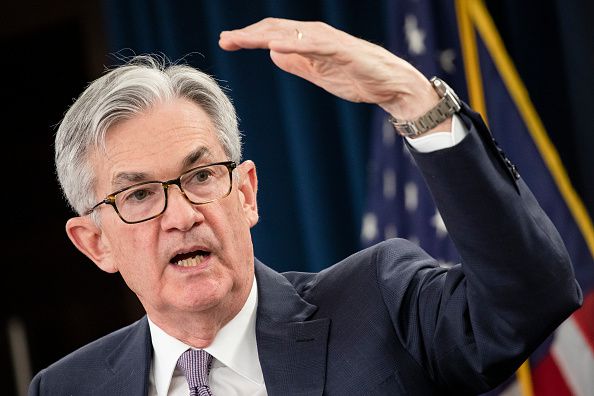At a BRICS 2024 meeting in Russia, Foreign Minister Victor Lavrov told attendees that BRICS is prioritizing the creation of a platform that will enable member states to conduct cross-border transactions in national currencies.
While speaking at a meeting of foreign ministers in Nizhny Novgorod, Russia, Lavrov said BRICS was “actively working to implement the decisions of the Johannesburg summit last year, particularly when it comes to improving the international monetary and financial system, developing a platform for settlements in national currencies in mutual trade.”
The BRICS economic bloc is promoting itself to developing nations that it is an alternative to Western dominated G7 financial markets.
BRICS membership is growing. So far this year Iran, Ethiopia, Egypt, and the United Arab Emirates have become full members. Joining the founding members Brazil, Russia, India, China and South Africa.
Saudi Arabia and Argentina were both received official invitations to join. Saudi Arabia has confirmed its interest, while Argentinian President Javier Millei has declined the invitation.
Saudi Arabia’s central bank recently joined the cross-border CBDC project called mBridge, a project led by the central bank of China in partnership with the Bank of International Settlements (BIS).
mBridge is seen as a likely replacement for the SWIFT network, which was introduced in the 1970s as a way to facilitate international payments between banks and financial institutions.
Sentiment among leaders of developing nations see the BRICS alliance as a way to boost their own local economy’s by using local currency to conduct cross-border transactions.






